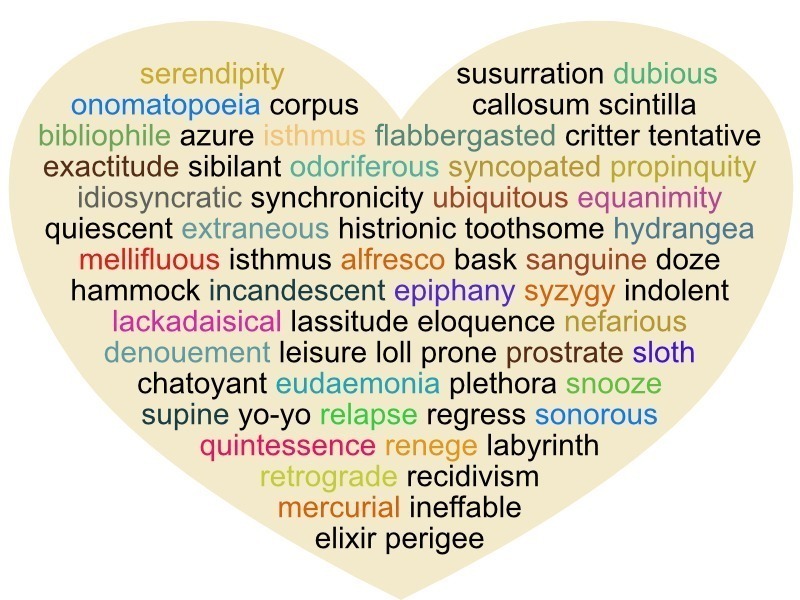search
date/time
 | Yorkshire Times A Voice of the Free Press |

Paul Spalding-Mulcock
Features Writer
@MulcockPaul
4:02 PM 28th August 2023
arts
Word Of The Week: Lassitude

For those suffering from torpor, almost any task meets with insuperable insouciance. Think Nadine Dorries responding to criticism. Such phlegmatic disinterest can be occasioned by sleep deprivation, stress, exertion, or an injudicious overindulgence in the barbed delights of bacchanalian revelry. The word lassitude neatly encapsulates this woefully apathetic condition.

Image by Nicolas Debray from Pixabay
Lassitude, from the Latin lassus meaning ‘weary’ and the word weariness, from Old English, are not to be lazily conflated, even though they both mean the condition of being tired.
Our English spelling comes from the French Language, developing directly from Latin and was borrowed in the 15th century. In French, the word las (masculine) or lasse (feminine) means ‘weary’ or ‘tired’, and the idiom être las de means ‘to be sick and tired of’. This led to another English word with the same root: alas, a word expressing sadness or disappointment, but simultaneously conveying some measure of fatigue and resignation as well.
Historically, the Latinate word tended to be employed in technical and medical fields, with the Old English word referring to physical, emotional, and spiritual qualities. The relatively modern use of lassitude in cerebral prose conveys ‘negligence’ in addition to ‘fatigue’ …one suspects the torpid MP noted above, would not care!
Also by Paul Spalding-Mulcock...
Word Of The Week : CorpusThe Gallery, Slaithwaite: ‘Ten’ - A Birthday ExhibitionWord Of The Week : SibilantWord Of The Week : PropinquityWord Of The Week : IdiosyncrasyMore in this series...
Word Of The Week : CorpusWord Of The Week : SibilantWord Of The Week : PropinquityWord Of The Week : IdiosyncrasyWord Of The Week : MercurialWord Of The Week : RetrogradeWord Of The Week : LackadaisicalWord Of The Week : EudaemoniaWord Of The Week : ScintillaWord Of The Week : EpiphanyWord Of The Week : FlabbergastWord Of The Week : SyzygyWord Of The Week: RecidivismWord Of The Week : LabyrinthWord Of The Week : IsthmusWord Of The Week : SusurrationWord Of The Week: ChatoyantWord Of The Week : Esemplastic